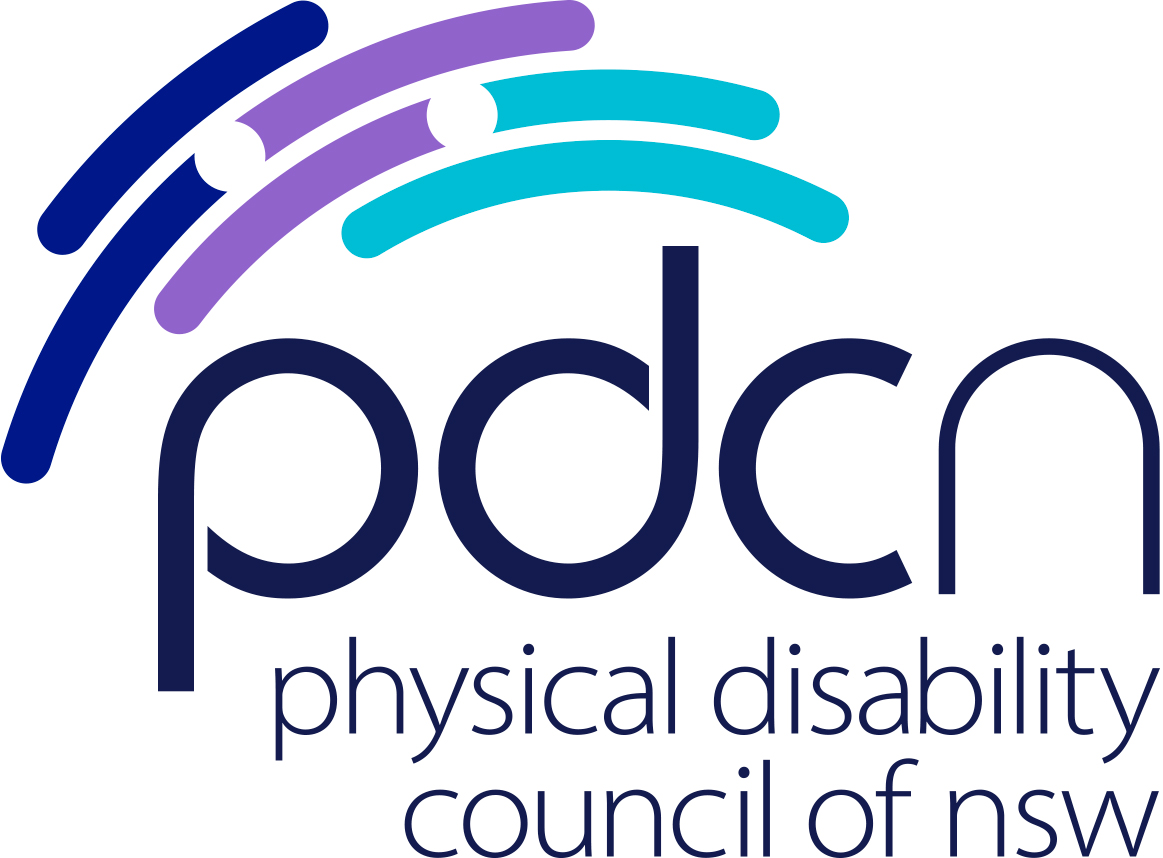The Disability Discrimination Act (DDA) makes it unlawful to discriminate against a person in many areas of public life, including employment, education, getting or using services, renting or buying a house or unit, and accessing public places, because of their disability. It was implemented in 1993 and this piece of human rights legislation has been crucial in the fight for inclusion, accessibility and equality for people with disability in Australia.
As Disability Discrimination Commissioner, Alastair McEwin said in his speech for Affinity Intercultural Foundation titled 25 Years of Disability Discrimination Law, “Over the past 25 years, the Act has been instrumental in social change, and has been used by individuals to fight against discriminatory practices in many fields, including education, access to transport, goods, services and facilities, and more.“
The Commissioner reported that since the Disability Discrimination Act was enforced in 1993, more than 15,000 disability discrimination complaints have been lodged with the Australian Human Rights Commission.
Although we’ve come along way, and there have been momentous achievements by people with disability over the last 25 years, there is still so much work to be done. Alastair McEwin says, “Most of the disability discrimination complaints that we receive relate to employment, and the barriers that people face in accessing goods, services and facilities – these types of complaints have vied for top place among DDA complaints for the past five years.” This is clear when it comes to statistics around accessibility, inclusion, education and equal opportunity in Australia:
– Only approximately 50% of Sydney train stations are fully accessible
– 53% of people with a disability aged 15-64 yrs are currently employed, compared with 83% of people without a disability
– 36% of people with a disability aged 18-64yrs have completed Year 12, compared with 60% of those without a disability
– 45% of those with a disability in Australia are living either near or below the poverty line
We need to continue to fight for full access and inclusion in NSW and this is exactly what The Physical Disability Council of NSW aims to achieve through systemic advocacy, education, information and support. Our society has come so far, but there is still so far to go!
Watch the live stream of the Australian Human Rights Commission‘s 25th Anniversary of the Disability Discrimination Act:
DDA25 Anniversary
Posted by Australian Human Rights Commission on Wednesday, February 28, 2018
Our Disability Advocacy Alliance media release reads as follows:
NSW GOVERNMENT SELLS OUT DISABILITY COMMUNITY ON 25TH ANNIVERSARY OF DISABILITY DISCRIMINATION ACT
While many celebrate the 25th anniversary of the Disability Discrimination Act (DDA) today, disability advocacy organisations across NSW are drawing up plans to close their doors when the NSW Government stops funding them in 4 months’ time.
Disability Advocacy plays a vital role in providing protection against discrimination based on disability. Denying people with disability access to advocacy support will result in discrimination and unfair treatment, and directly contravenes the Act, which promotes equal rights, opportunity and access for people with disability.
Up to 50 specialist disability advocacy groups will be forced to close or significantly reduce their advocacy work from 1 July 2018. The total cost to maintain these services is $13 million.
The #StandByMe Campaign was launched by an alliance of disability advocacy, information and peak representative organisations to highlight the drastic cuts the NSW Government is imposing and to inform NSW taxpayers of the value and benefit of this funding.
These cuts will impact many of the most vulnerable people in NSW, jeopardising their access to services, supports, health, education, justice and the physical environment.
Australian Paralympian and wheelchair user Angela Ballard hopes on this important day that politicians will recognise the importance of disability advocacy and recommit to it.
“Disability advocacy funding is vital. It ensures our voices are heard on a wide range of issues, including accessible public spaces and transport, the NDIS and education,”
“Through advocacy people with disability can help themselves and today we need the help of politicians,” Ms Ballard said.
NSW Disability Advocacy Alliance spokesperson Serena Ovens said “With the introduction of the NDIS we need our disability advocacy organisations more than ever. Contrary to popular belief the NDIS will not fund systemic or individual advocacy,”
“It is time the Government reversed this decision and gave disability advocacy organisations some certainty,” said Serena Ovens.
The NSW Government plans to cut funding to more than 50 disability advocacy and information organisations from July 1 2018.
standbyme.org.au
“We need advocacy organisations more than ever before because we have the NDIS—it’s life changing—but with that comes the requirement for new knowledge of your rights and responsibilities.
Advocacy oragnisations play a critical role in telling people about their rights and then helping them enforce them so I really hope that both the NSW government and governments all around Australia recognise that the NDIS is about creating independence and getting out of your home; but it won’t fix the lack of accessible transport, it won’t fix the lack of accessible buildings, it won’t fix all the access issues we have in life in general.
When you think about all the change that is happening, when there is new change you need the time and the resources to understand that new change and that’s why advocacy organisations are critical to that process.” – Alastair McEwin, Disability Discrimination Commissioner at the Australian Human Rights Commission
Listen to the full interview on ABC Radio via this link, the segment starts at 2:54:00: http://www.abc.net.au/…/programs/breakfast/breakfast/9472534

